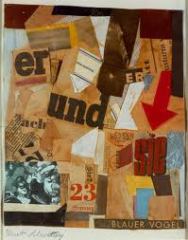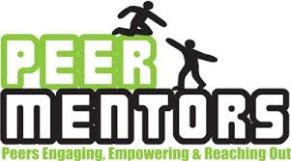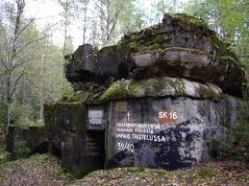Lecture
Moral dilemma
In this week’s lecture we were given a moral dilemma. In which, we needed to discuss in groups.
We had to:
- Read the dilemma
- Draw the dilemma and
- Resolve the dilemma
This was the dilemma of my group:
The Deliberate Infection
Ken is a doctor. One of his patients, whom he has diagnosed as HIV positive, is about to receive a blood transfusion prior to being released from the hospital. He has told Ken, in the confidence of their doctor-patient relationship, that after he gets his transfusion, and his medicine from Ken, he intends to infect as many people as possible with HIV starting that evening.
Because Ken is bound by doctor-patient confidentiality, there is no legal way to stop this man from carrying out his plan. Even if Ken warned the police, they would not be able to arrest him, since his medical information is protected.
It occurs to Ken that he could contaminate his medication by putting an untraceable poison in it that will kill him before he gets a chance to infect others.
Should Ken poison this man in order to prevent him from spreading HIV?
This dilemma was a very confusing one.
We came up with solutions such as:
- The doctor should breach patient- doctor confidentially because; in the situation of ken’s patient harming other members of the public it will seem the best thing to do.
- Ken should try and persuade his patient to not carry on with his intended act
- Just leave the matter where it is because; as a doctor and citizen ken has no legal obligation to try and stop his patient from carrying out his intended act.
- Lastly, that he should give his patient poison as it is better for one person to die rather than many people are infected with HIV.
Honestly speaking, to come up with a resolution was harder than we thought. This is where the idea of moral dilemma comes in. Such as, if ken decides not to stop his patient, there may be guilt that he could have stopped a person being infected if he wanted to. As well as, even though ken has no legal obligation to try and stop this from occurring. The idea of being a Good Samaritan comes into this. Furthermore, his profession being a doctor is to try and help others from not falling ill so by not stopping his patient is he going against the code and conducts of being a doctor?. Moreover, if he did give his patient poison even though it’s untraceable whatever the matter no one has the right to kill another person.
It was interesting to hear other people’s opinions on their dilemmas. There were clashes of views. Like the idea of killing someone to save another, many people agreed with it whilst others did not. So the purpose of the activity showed how everyone has different moral dilemmas in which one moral might seem right for one but wrong for another. It was interesting to see how people justified their views.
Here is the link for the other dilemmas:
http://psychopixi.com/misc/25-moral-dilemmas/
Seminar
In the seminar we were given tips on writing essays:
- The introduction, body, conclusion
- Paragraphs
- Double line space
- Presentation of an argument
- Indent quotes
- Research vehicle – research to find information
- For a good reference use a mixture of journals and books.
We were then given a question to answer on moral dilemma
To what extent is the response to the moral dilemma a question of values to what extent does it rely on analytical and critical thinking?
This was my response…
Values can come from many different aspects such as religious values, cultural values and social values. To a great extent moral dilemma is a question of values because values are the base for morals. Though, every individual has different values thus as a result, leads to different morals. I n relation to analytical and critical thinking, it may appear that in some situation morally to a person an action may be acceptable but in relation to the law it may be unlawful. So to a moderate extent it could be said that morals do rely on analytical and critical thinking.












